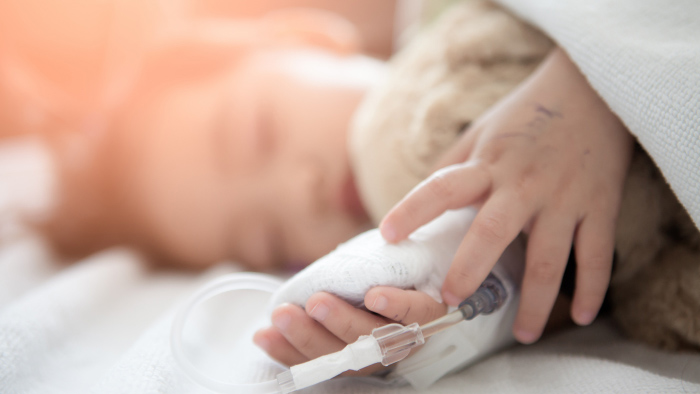Sedation can be administered orally (by mouth), through anesthesia (using a mask) or intravenously (IV). This is determined by the scheduling nurses and physician at the time of procedure. In the majority of cases sedation is administered via an IV.
The pediatric sedation team will determine the way the child will be sedated on the day of the procedure. If appropriate, the child may be encouraged to attempt the procedure without sedation. If the child is vomiting or has a cough, fever or flu symptoms the day before or the day of the scheduled procedure, please call your physician. The procedure may need to be rescheduled.


